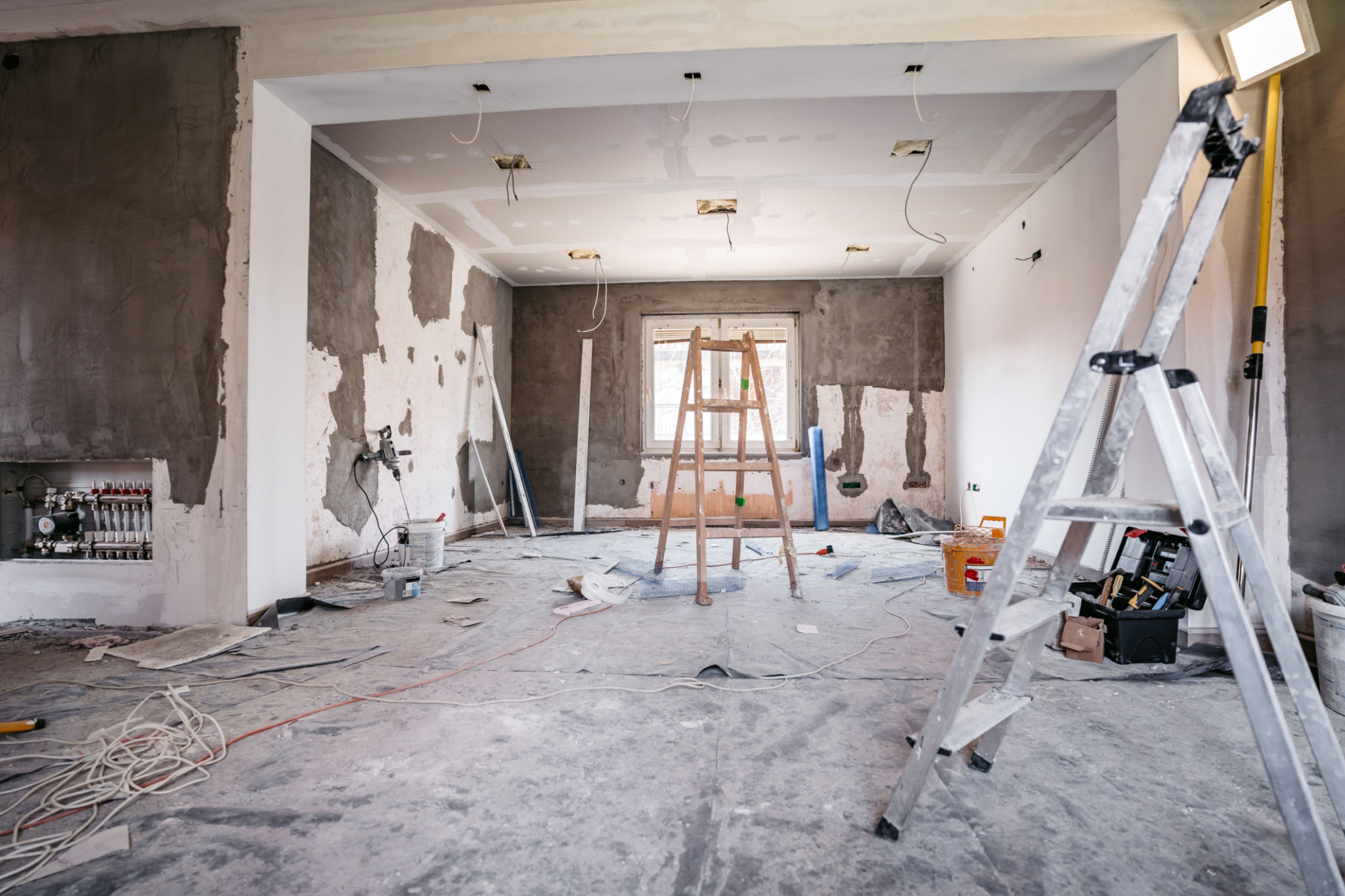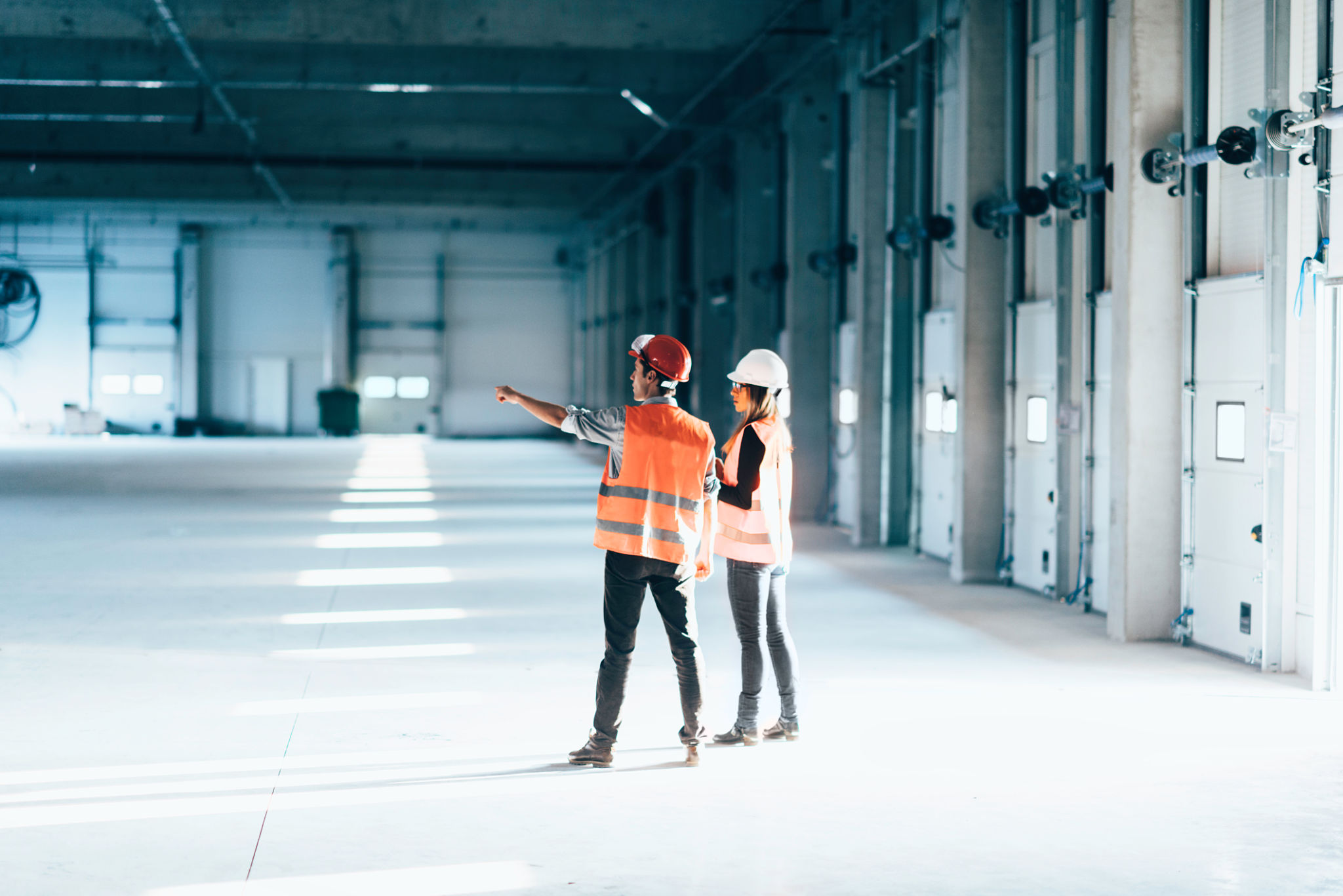Navigating Florida's Building Regulations: A Comprehensive Guide for Homeowners
Understanding the Basics of Florida's Building Regulations
For homeowners in Florida, navigating building regulations can seem daunting, but understanding the basics is crucial for successful home projects. Florida's building codes are designed to ensure the safety and resilience of structures in the face of the state's unique climate challenges, including hurricanes and flooding. These regulations cover everything from structural integrity to energy efficiency.
To begin, homeowners should familiarize themselves with the Florida Building Code (FBC), which is updated every three years. The FBC sets the standards for construction and is enforced at the local level by municipal building departments. It’s important to check both state and local regulations, as local amendments can vary.

Why Building Permits Are Essential
Obtaining a building permit is a critical step in any construction or renovation project. Permits ensure that your work complies with local codes and standards, safeguarding your investment and ensuring safety. A permit is typically required for projects such as new constructions, major renovations, electrical work, and plumbing changes.
Failure to secure the necessary permits can result in fines, legal issues, and potential problems when selling your home. To apply for a permit, homeowners usually need to submit detailed plans of their project, which will be reviewed by the local building department.

Navigating Zoning Laws and Restrictions
Zoning laws in Florida dictate how land can be used and are an essential consideration for any homeowner planning a construction project. These laws specify the types of buildings allowed in different areas and can affect everything from building height to property use.
Before beginning a project, it’s advisable to consult with your local zoning office to understand any restrictions that may apply to your property. This step is crucial in avoiding costly mistakes or delays in your project.
Flood Zones and Their Impact on Construction
Florida's floodplain management regulations are particularly relevant due to the state's susceptibility to flooding. Homeowners must consider whether their property lies within a designated flood zone, as this will significantly influence building requirements.
Properties in flood zones often need to adhere to stricter building standards, such as elevated structures and specific foundation types. Additionally, obtaining flood insurance may be a requirement, which can impact overall project costs.

Working with Licensed Contractors
Hiring a licensed contractor is not only recommended but often required by law for certain types of work in Florida. Licensed professionals are familiar with local codes and ensure that work is performed correctly and safely. They can also assist in securing necessary permits and inspections.
When selecting a contractor, verify their credentials through the Florida Department of Business & Professional Regulation. This verification process helps protect homeowners from fraud and ensures quality workmanship.
Final Inspections and Compliance
Once construction or renovation work is complete, a final inspection is typically required to ensure compliance with all applicable codes and regulations. This inspection is conducted by a local building official who will verify that all aspects of the project adhere to approved plans and standards.
Successful completion of this step is crucial for legal occupancy and future resale of your property. It’s recommended to maintain thorough records of all permits, inspections, and approvals related to your project for future reference.

Conclusion
Navigating Florida's building regulations may initially seem complex, but with proper understanding and planning, homeowners can effectively manage their projects. By adhering to these guidelines, you not only ensure compliance but also enhance safety and add value to your property.
Engaging with local authorities early in the process and choosing qualified professionals will help streamline your project from start to finish. With careful attention to regulations, Florida homeowners can build or renovate with confidence, knowing their investment is secure.
